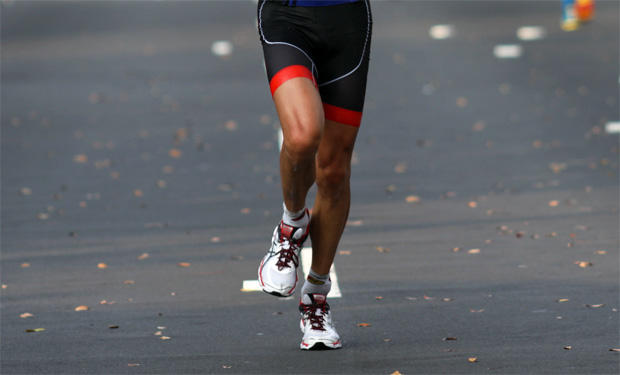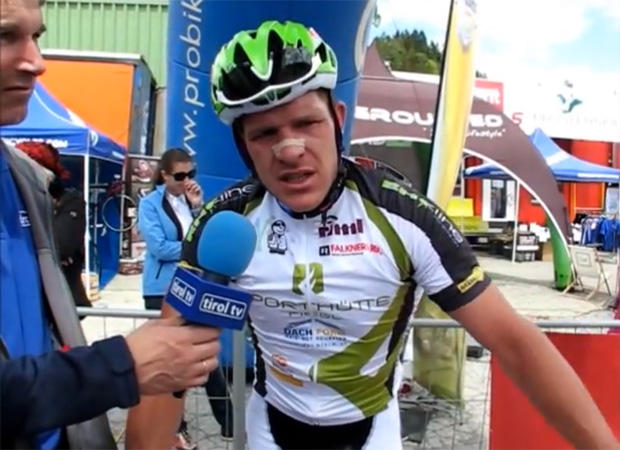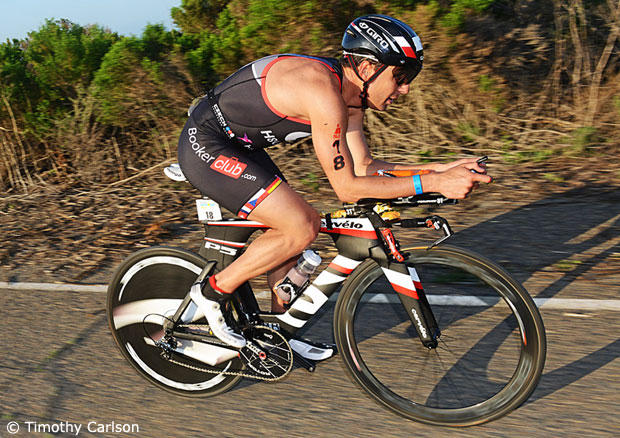More IRONMAN AG doping testing
Age group doping is a big topic of concern and IRONMAN has already stepped up their game, but even more testing is likely on the horizon.
Athletes who have looked closely at the FAQs at the IRONMAN race they registered for may have noticed the "What is the Anti-Doping Policy for athletes accepting IRONMAN World Championship slots?" section among many other frequently asked questions.
The answer to that question often found under the number 39 goes as follows:
"1. In accordance with the World Triathlon Corporation Anti-Doping Policy, all athletes accepting qualifying slots for the IRONMAN World Championship and IRONMAN 70.3 World Championship will be required to sign a Condition of Entry, Release and Indemnification waiver, by which they agree to be placed into the WTC Registered Testing Pool for both in and out of competition testing, and voluntarily consent to be governed by the published rule.
2. We encourage all athletes to be familiar with the most current WADA Prohibited list which can be found here.
3. According to the World Anti-Doping Agency and the 2010 International Standard for Therapeutic Use Exemptions, there are some substances which require a Declaration of Use. The WTC recommends completing this in two ways:
a. Filing a Declaration of Use directly to your NADO or through your secured ADAMS login. The WTC Declaration of Use form can be found here.
b. On the Doping Control Official Record at the time of testing should you be selected for Doping Control. The substances which require a Declaration of Use are listed below:
i. Albuterol and Salmeterol by inhalation for the treatment of asthma
ii. Inhaled or locally injected glucocorticosteroids (intramuscular use requires a TUE)
iii. Platelet Rich Plasma injections (except intramuscular which requires a TUE)"
IRONMAN Canada, Boulder, Coeur D'Alene, Mont Tremblant, Wisconsin, Muskoka, Maryland and Chattanooga are 2016 events that have these new doping and testing rules somewhere among the FAQ, but for IRONMAN Sweden, Mallorca, Barcelona and Taiwan we could not find them. We did not check every single race in 2016, but possibly some of the race websites have not yet been updated.

But what does that mean? Will age groupers constantly have to share their whereabouts with the national anti-doping agencies for possible out of competition testing? We asked IRONMAN Anti-Doping Program Director Kate Middlestadt that question.
"There is no change for 2016, but I see that this language may be misleading and will work with the online team to clarify. The terms of the waiver are that the ‘Athlete acknowledges that, as a condition of entry into any Event, Athlete may be placed into the IRONMAN Registered Testing Pool and must comply with the obligations therein. All are subject to in and out-of competition testing and are subject to the anti-doping rules," said Middlestadt. "Whereabouts obligations are not universal."
Many 2015 Kona bound age group athletes reported last summer through social media that they were tested in and out of competition, and these athletes were from various countries.
In late 2015 IRONMAN announced a 48-month sanction against Danish age grouper Thomas Lawaetz who had tested positive for EPO at IRONMAN Copenhagen.
We will dig a little bit deeper and share more details about this increased anti-doping effort as they become available.





